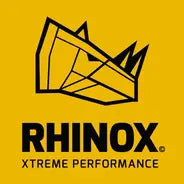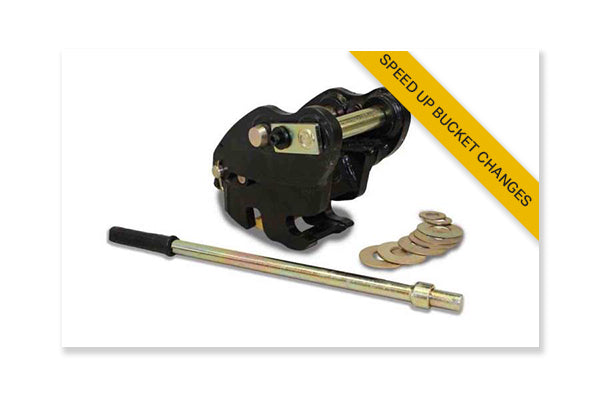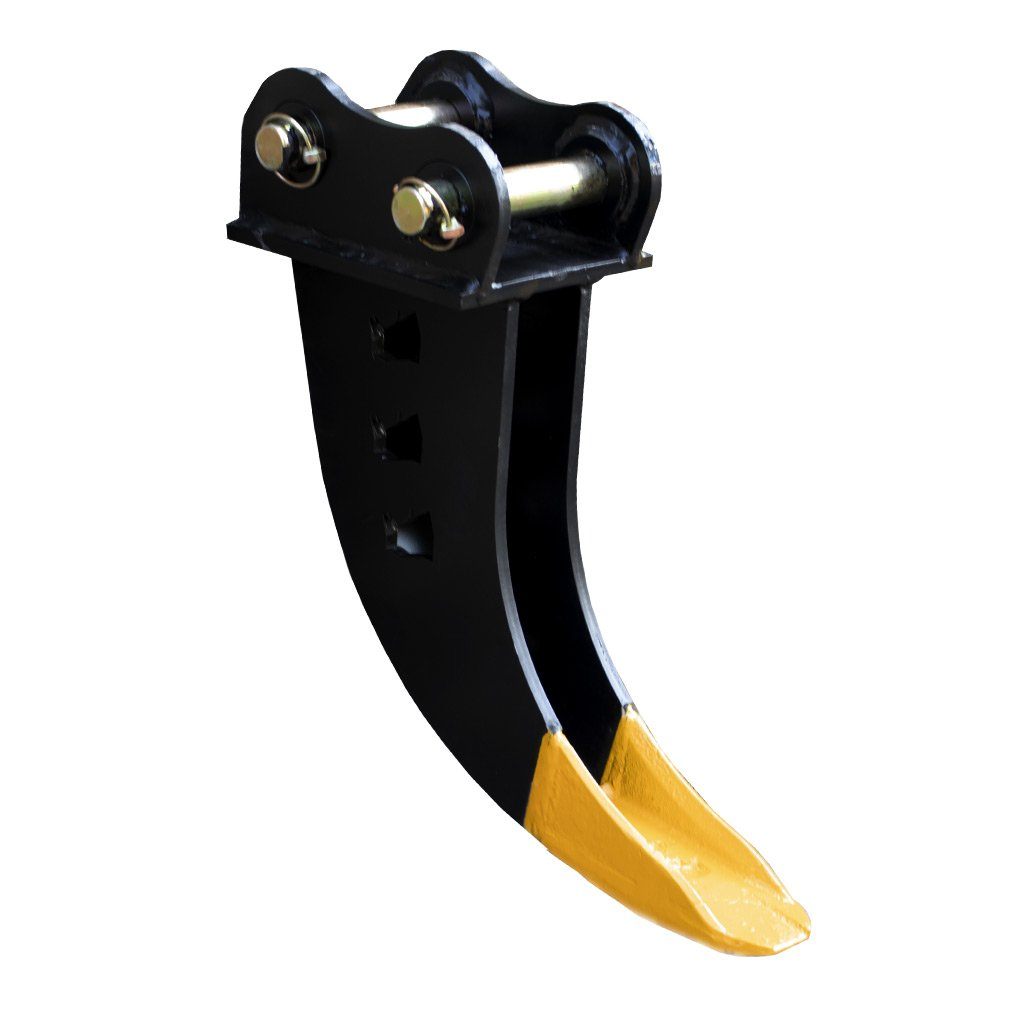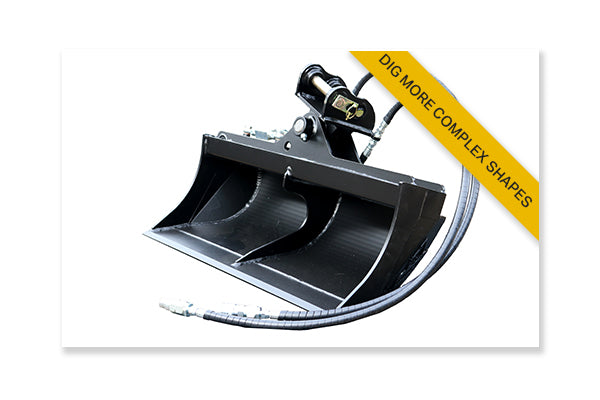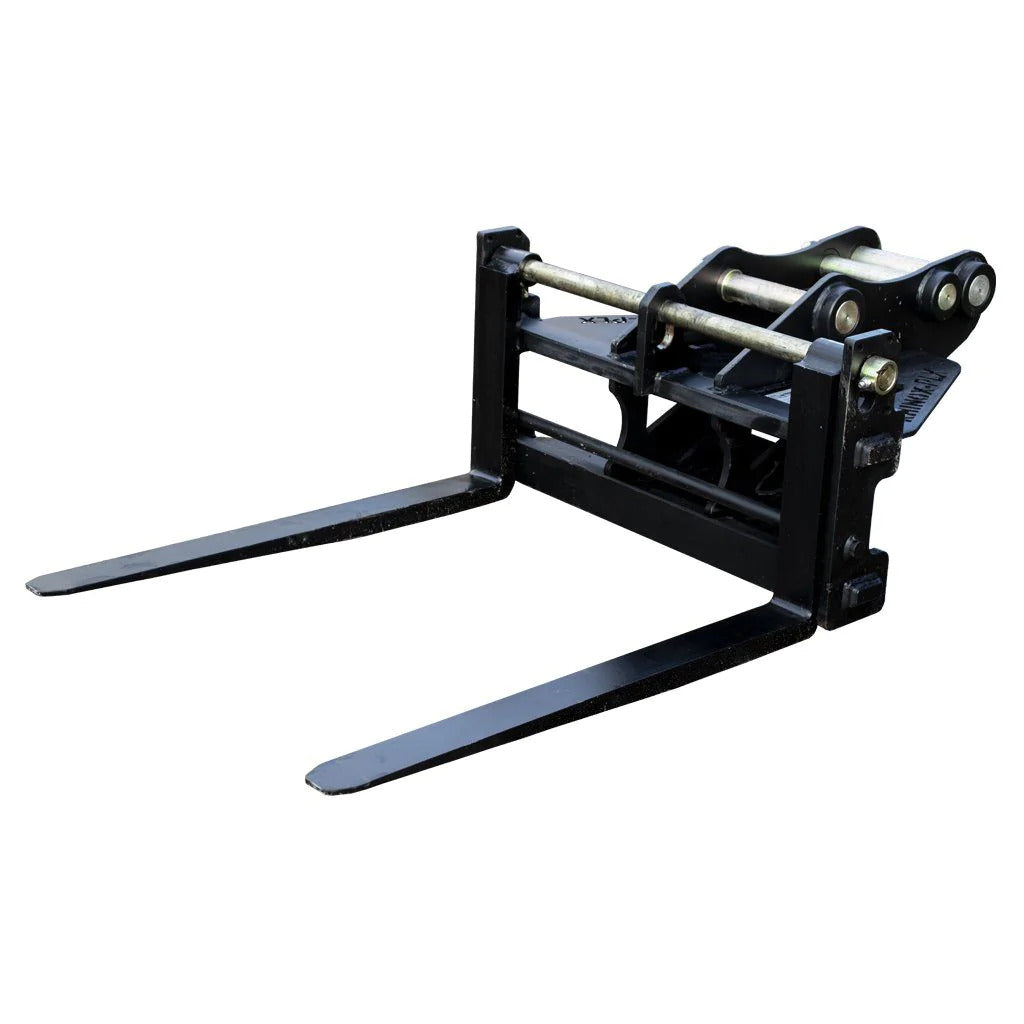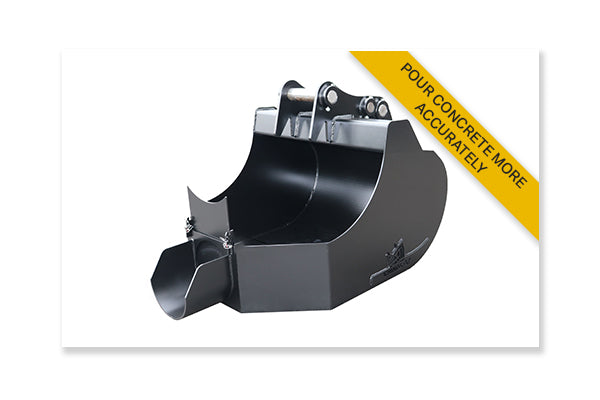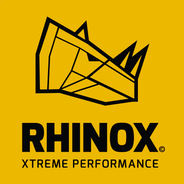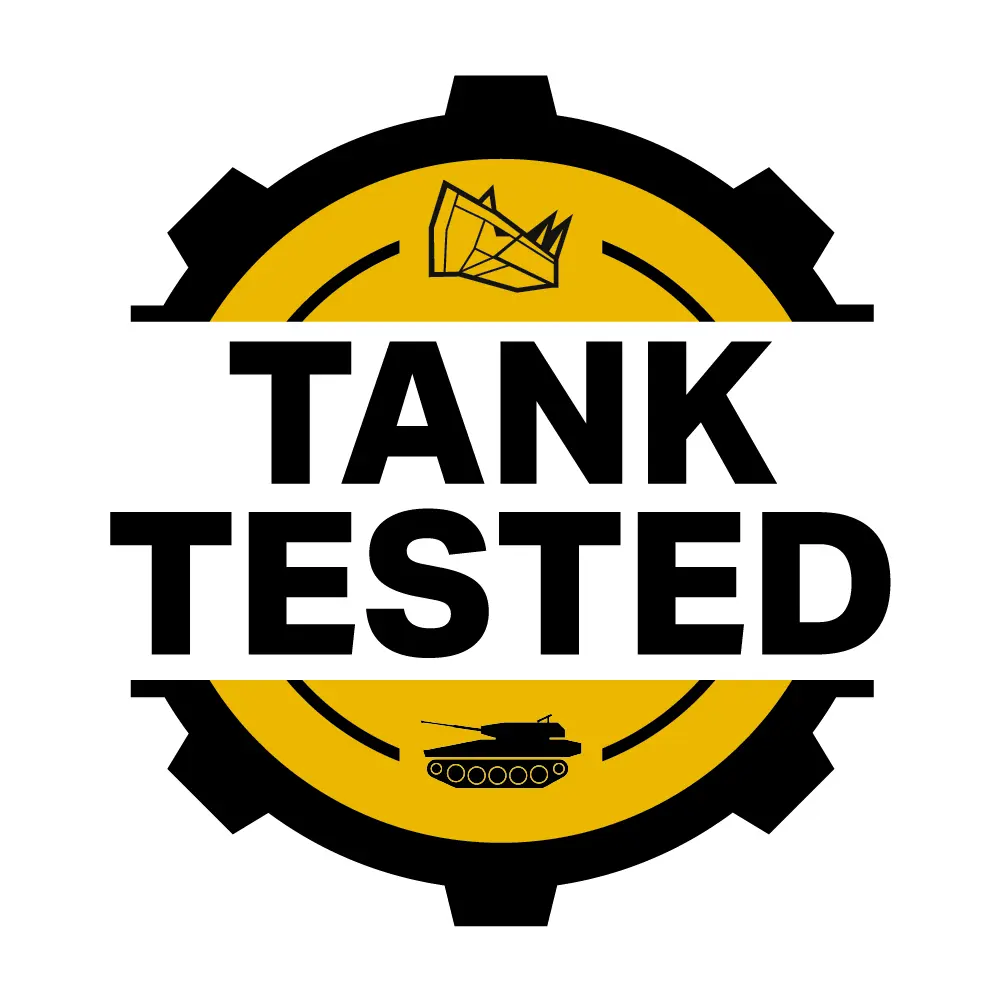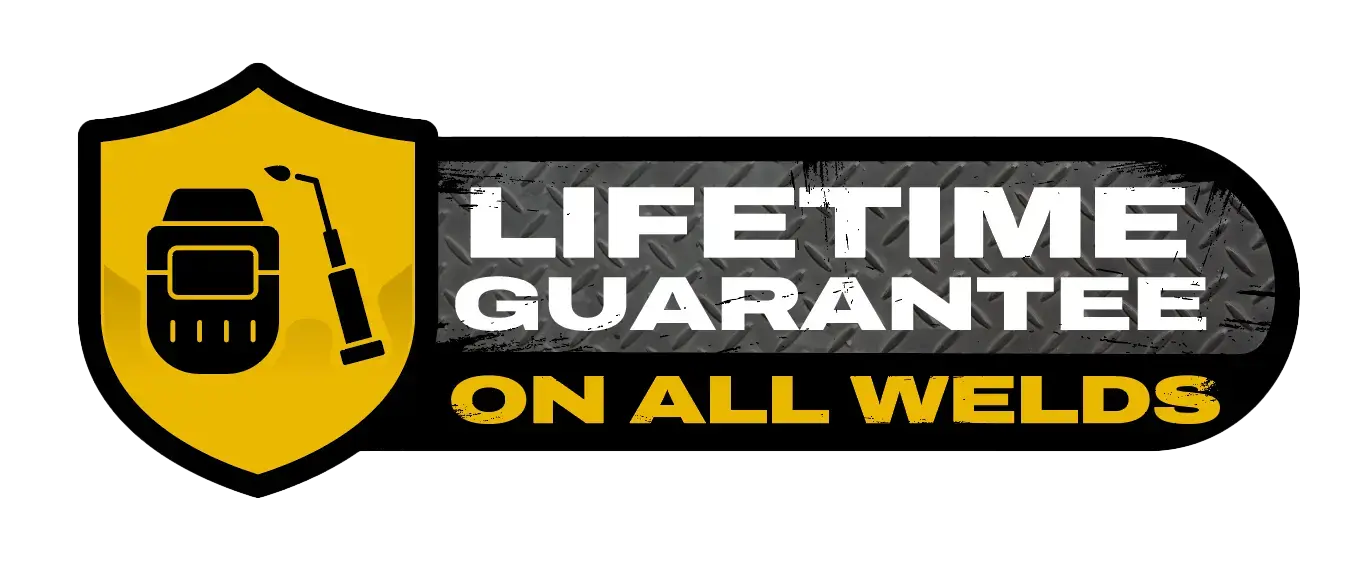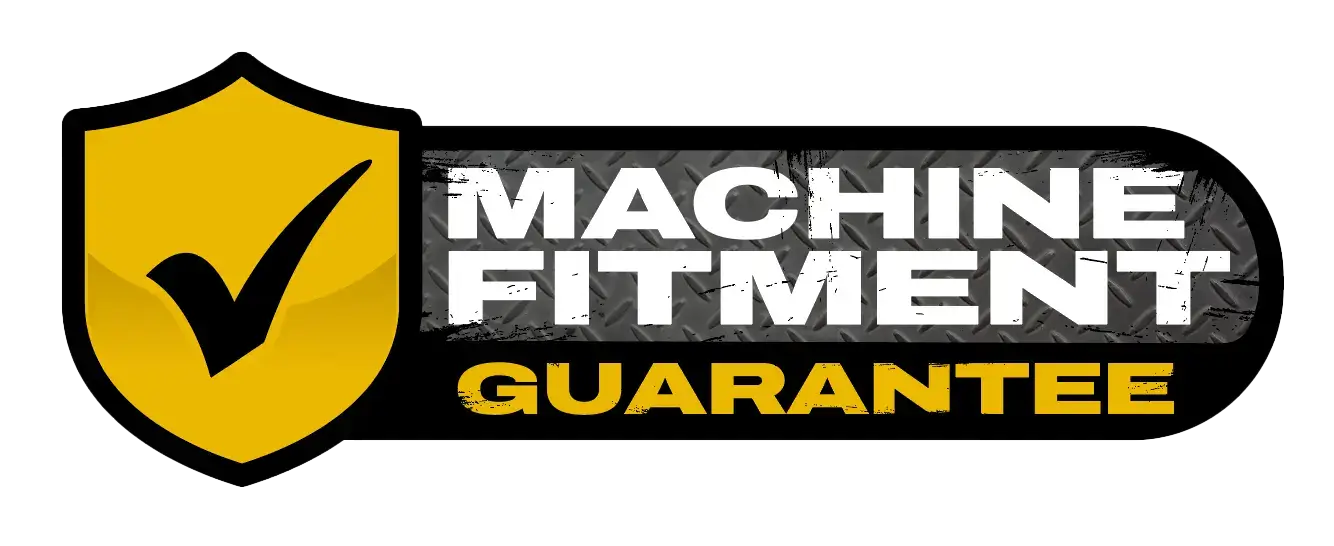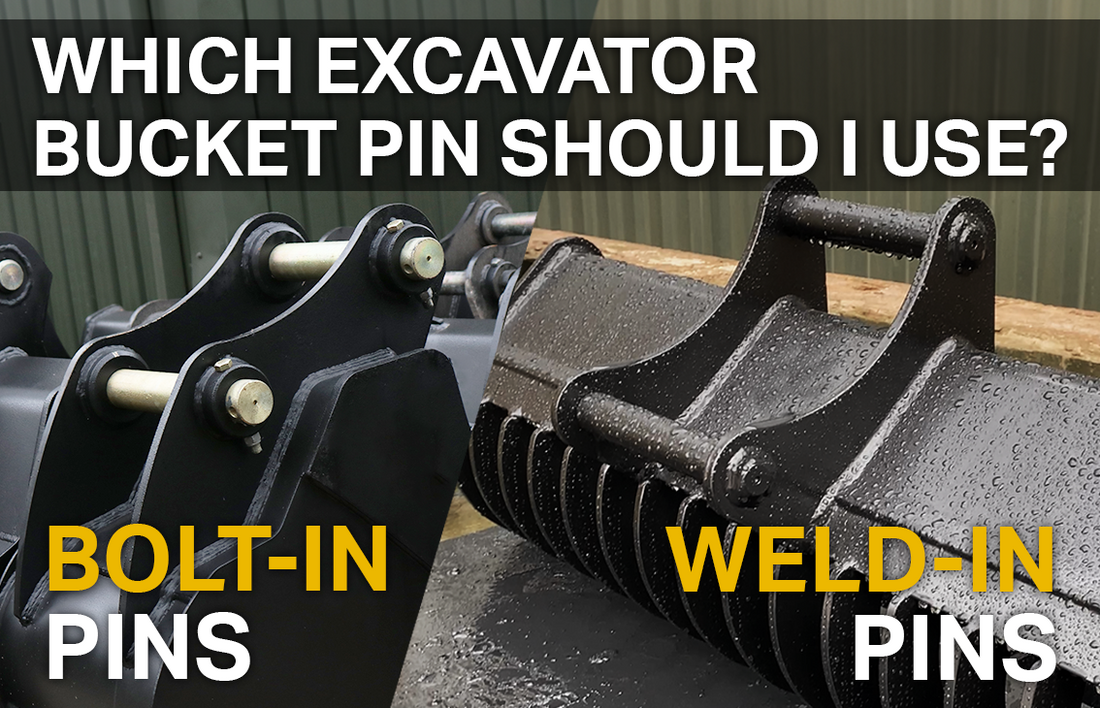
Bolt-In VS Weld-In Bucket Pins - Which bucket pin do I need?
When it comes to optimising the performance and longevity of your digger bucket, the decision between bolt-in and weld-in bucket pins is a crucial one. Each option offers its own set of advantages and considerations, and determining the best choice for you requires an understanding of your specific needs and operating conditions. In this blog, we're going to dive into the details of both bolt-in and weld-in bucket pins, comparing the pros and cons of installation processes, maintenance requirements and costs. Continue reading so we can provide you with the insights you need to make an informed decision.
What are bolt-in bucket pins?
Bolt-in digger bucket pins are what the name suggests...pins that are fixed into your bucket hanger using nuts and bolts, like shown in the picture. On smaller excavators, usually from 0.75 to 4 tons, they can sometimes be secured in place with a lynch pin, instead of nuts and bolts. This is because the bucket size and power of the machine doesn't warrant anything stronger to hold them in place. The term 'bolt-in' refers to the ability to easily remove the fixing (bolt or lynch pin) and slide out the bucket pin from the hanger brackets.
What are the pros and cons of bolt-in bucket pins?

The biggest benefit to maintaining your efficiency and productivity during installation and equipment maintenance is the ease of removing and replacing your bucket pins when they become worn. It's inevitable that with time your bucket pins will wear. Unfortunately this isn't something you can avoid, especially if you're using attachments that are powerful and vigorous, like when using a riddle bucket or hydraulic breaker. So making your pin changes as quick and efficient as possible is a huge bonus. As mentioned above, bolt-in pins allow you to easily unbolt or remove the fixing and slide out your bucket pin, to quickly reinsert the new pin and resecure in place.

If you don't own or use a quick coupler on your digger then using a bucket with bolt-in pins is essential to mounting your bucket or attachment to the excavator dipper arm. To mount to your machine without a coupler, you will need to locate the pin through the bucket hanger brackets AND the end of the excavator arm - this can obviously only be achieved if you can remove the pins from your bucket. But there's no need to worry, if you do have a coupler fitted to your excavator you can still use a bucket with bolt-in pins, so you're still able to enjoy the benefits of quick and easy pin changes.
Although the advantages of bolt-in bucket pins are apparent, there is also a disadvantage that you must consider. This being, the cost. The cost of a digger bucket with bolt-in pins can be slightly more expensive than a bucket with weld-in pins because of the extra components that go into the ease of pin removal. Such as: the nuts, bolts or lynch pins, but also the bosses that have to be secured to the hanger bracket to allow you to fix the pins in place. These features don't usually add a huge additional cost but it is a factor to consider when weighing up your new bucket purchases.

What are weld-in bucket pins?
Weld-in bucket pins are...you guessed it, pins that are welded into the hanger bracket of your excavator bucket. This means that they are secured to the hanger by welding both ends of the pin into the pin holes in the hanger bracket, rather than using bolts or a lynch pin to secure the pins in place. Weld-in bucket pins are usually available for most size ranges of digger bucket but will only be available from a selected number of manufacturers, as they are the least common option.
What are the pros and cons of weld-in bucket pins?
A big advantage of using excavator buckets with weld-in pins is the strength added to the hanger. The weld-in pins can actually increase the strength of your bucket by becoming a structural part of the hanger, and reducing the chance of your hanger bracket buckling or bending under the pressure and power of the machine while digging, grading or bulking. As previously mentioned, buckets with bossed hangers tend to be more expensive. Buckets with weld-in pins don't require bosses as the pins are welded directly to the hanger so these buckets tend to be slightly cheaper which is a bonus if you're on a tight budget.

The huge downfall of digger buckets with weld-in bucket pins is how difficult the pins are to remove and replace when worn. Unlike bolt-in pins that can be easily unscrewed and removed, weld-in pins must first be ground out with a grinder. Depending on the level of wear and the ease of pin removal, sometimes the entire hanger bracket would also have to be ground off and a new one welded on in its place before the pins can be welded back in. Not only is this a timely job which will ultimately reduce your productivity, but it can also be a lot more expensive if the hanger also needs repairing or replacing. As well as the expense of replacing your pins, buckets with weld-in pins can only be used with a quick coupler as the pins can't be removed to be directly mounted to your machine. So, unless you already own a quick coupler, this could be another costly addition to your equipment that could be avoided if bolt-in pins were used instead.
So now you know the pros and cons of bolt-in versus weld-in pins, you should now be able to make an informed decision. Weld-in pins might be easier on your wallet initially but could end up costing you more in the long run. Bolt-in pins are quicker to replace, but might cost a bit more upfront. To make the best choice for you, think about how often you'll need to change these pins, the kind of jobs you're doing, and how much money you can put towards maintaining your buckets. By considering all these factors you should be ready to make a decision.
Here at Rhinox, we want to help improve your productivity by providing a quality product every time. If bolt-in pins are the best options for you, why not check out our whole range of buckets and attachments with bolt-in bucket pins. If weld-in pins are your preferred choice, Rhinox can manufacture these upon request. To place an order for buckets and attachments with weld-in pins, give us a call on +44 (0)1430 259259 for help placing this order. You can find our dedicated hitch buckets and attachments on our website. These include Martin Hitch, Harford Safelock and S60. If you need more information about our buckets and attachments or want to speak to one of our friendly sales team about placing an order, don't hesitate to get in contact via our contact us page.
Learn more with Rhinox:
 |
 |
 |
